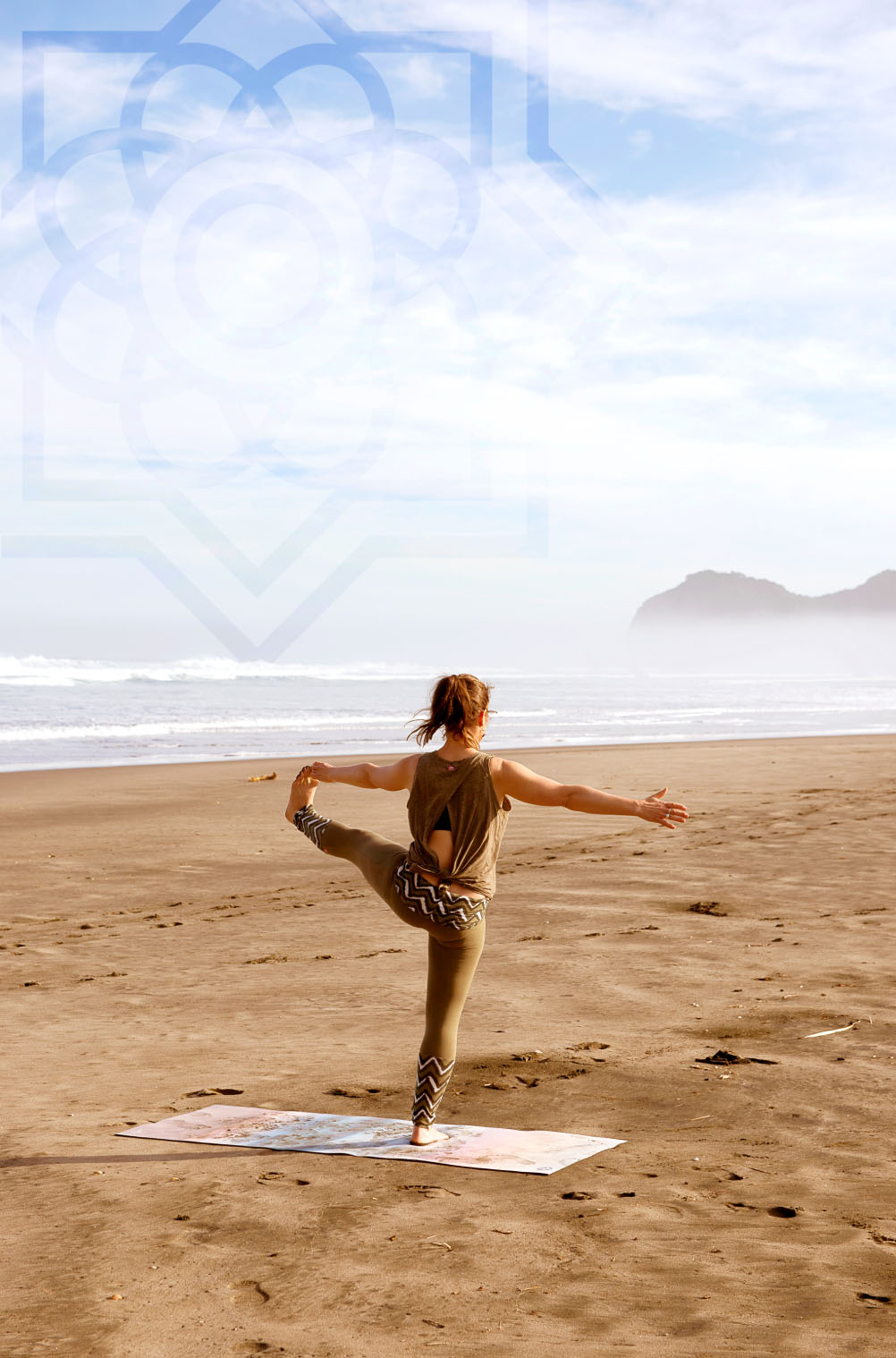Teachers Code of Practice
- Professional ethics of an lyengar yoga Teacher
lyengar yoga teachers are required to:1.1 dedicate themselves to studying, teaching, disseminating, and promoting the art, science and
philosophy of yoga according to the teachings and philosophy of BKS lyengar, and to
maintaining high standards of professional competence and integrity. (Tapas, ardor)1.2 study and stay current with the teaching and practice of yoga as taught by BKS lyengar and
the lyengar family. This can be done directly by study with Mr lyengar and the lyengar family
or indirectly by participation in BKSlYAA activities and study with certified lyengar yoga
teachers of at least one higher level of certification. (Svadhyaya, study of the self1.3 accurately represent their education, training, and experience. (Satya, truthfulness)1.4 while teaching, not to mix the techniques of lyengar yoga with any other systems of yoga, or
with any other discipline. (Aparigraha, non-coveting)1.5 refrain from being publicly critical of other lyengar yoga teachers’ character or of other
systems of yoga. (Ahimsa, non-violence) - Responsibility to Students and Community
lyengar yoga teachers are required to:2.1 be truthful. (Satya, truthfulness)2.2 welcome students regardless of race, gender, religion, national origin, sexual preference, or
physical disability (skill level of teacher permitting). (Ahimsa, non-violence)2.3 teach responsibly and with compassion having regard to their own limitations and those of
their students.2.4 treat students with respect and honour the trust placed in them as a teacher.
2.5 refrain from having ambiguous relationships with students and from behaving toward a
student in a manner that could be interpreted as harassment, including sexual. (Ahimsa,
non-violence, Bramacharya, continence, Aparigraha, non-coveting ) - Personal Responsibility
lyengar yoga teachers are required to:3.1 maintain a clean and well-groomed appearance. (Sauca, purity)3.2 dress in a modest manner while teaching yoga. (Sauca, purity, and Bramacharya, continence).3.3 refrain from the misuse of drugs and alcohol. (Sauca, purity) - Applicability of BKSIYAA Teachers’ Code of Practice4.1 This Teachers’ Code of Practice is not exhaustive. lts failure to address any particular conduct4.2 does not mean that the conduct is necessarily ethical or unethical. Teachers should adhere to
and honour classical and legal codes of conduct.4.3 Lack of familiarity with, or misinterpretation of, this Teachers’ Code of Practice does not
justify unethical conduct.4.4 Failure to cooperate in an ethics investigation or proceeding by the BKSlyAA ethics Committee
is a violation of these guidelines.4.5 An lyengar yoga teacher who is uncertain of how the Teachers’ Code of Practice should be
applied in a particular situation should contact the BKSlyAAA ethics Committee for guidance
before acting.
The yamas and niyamas and their english translation are shown in parentheses where appropriate.
Download Teachers Code of Practice
